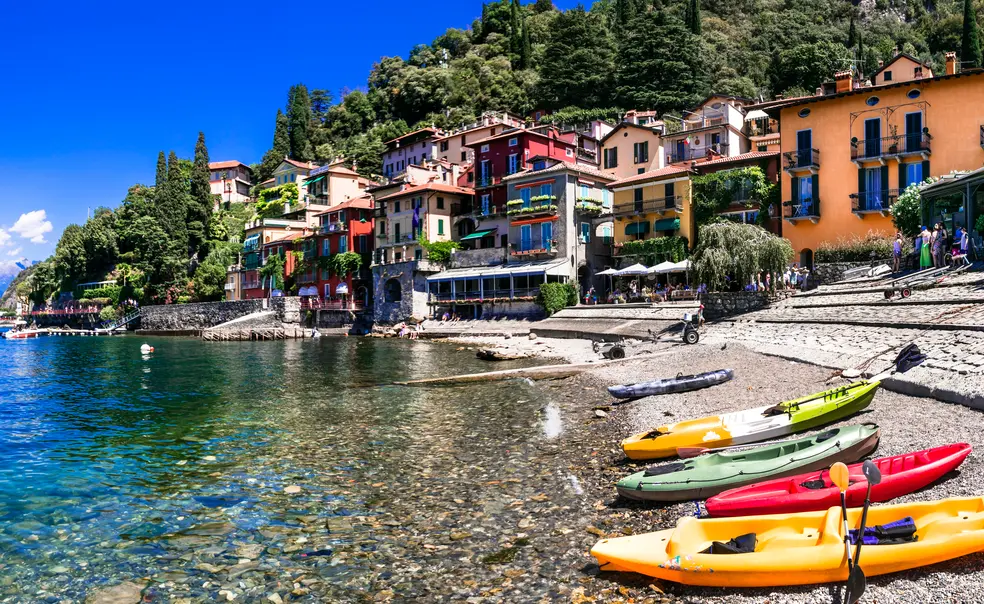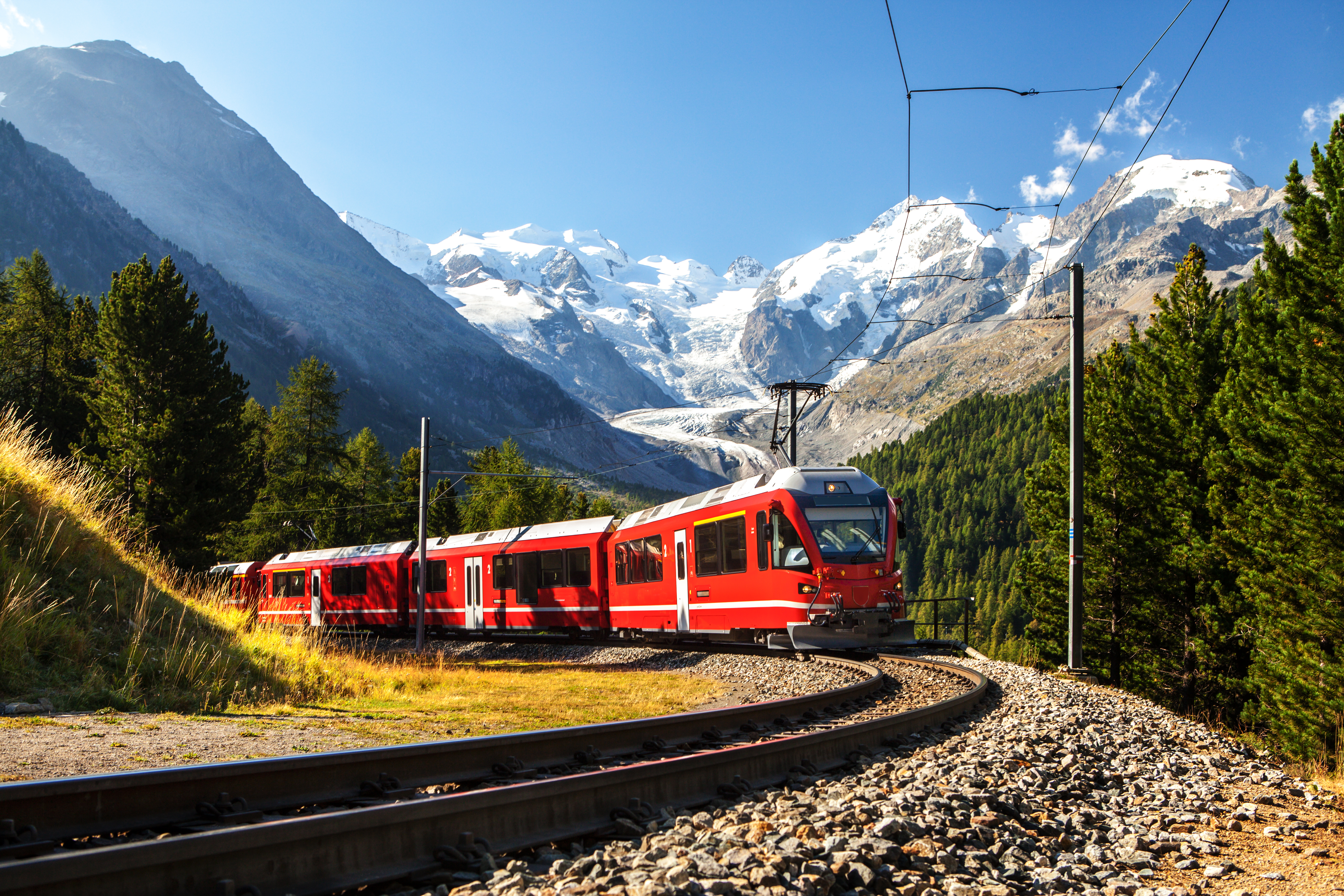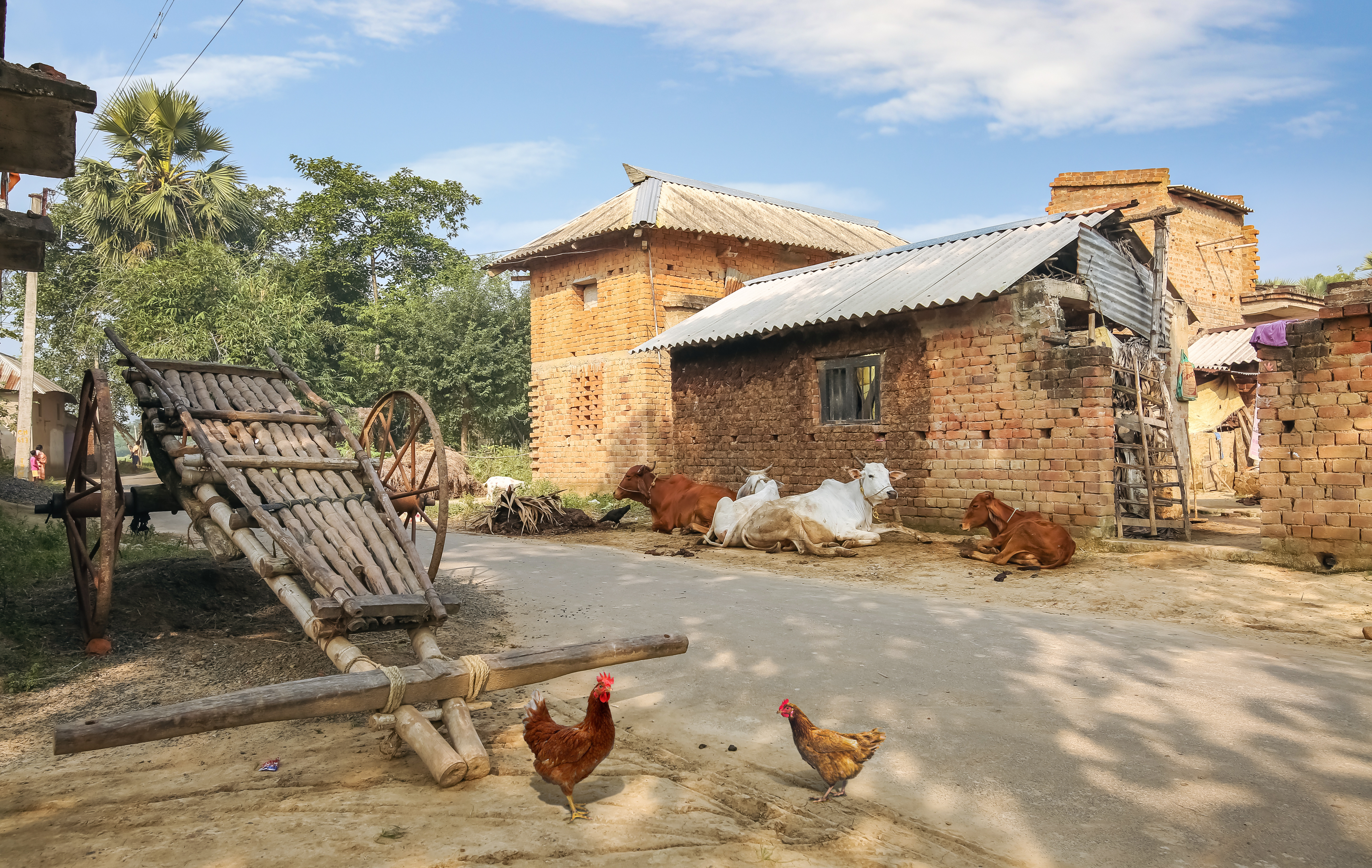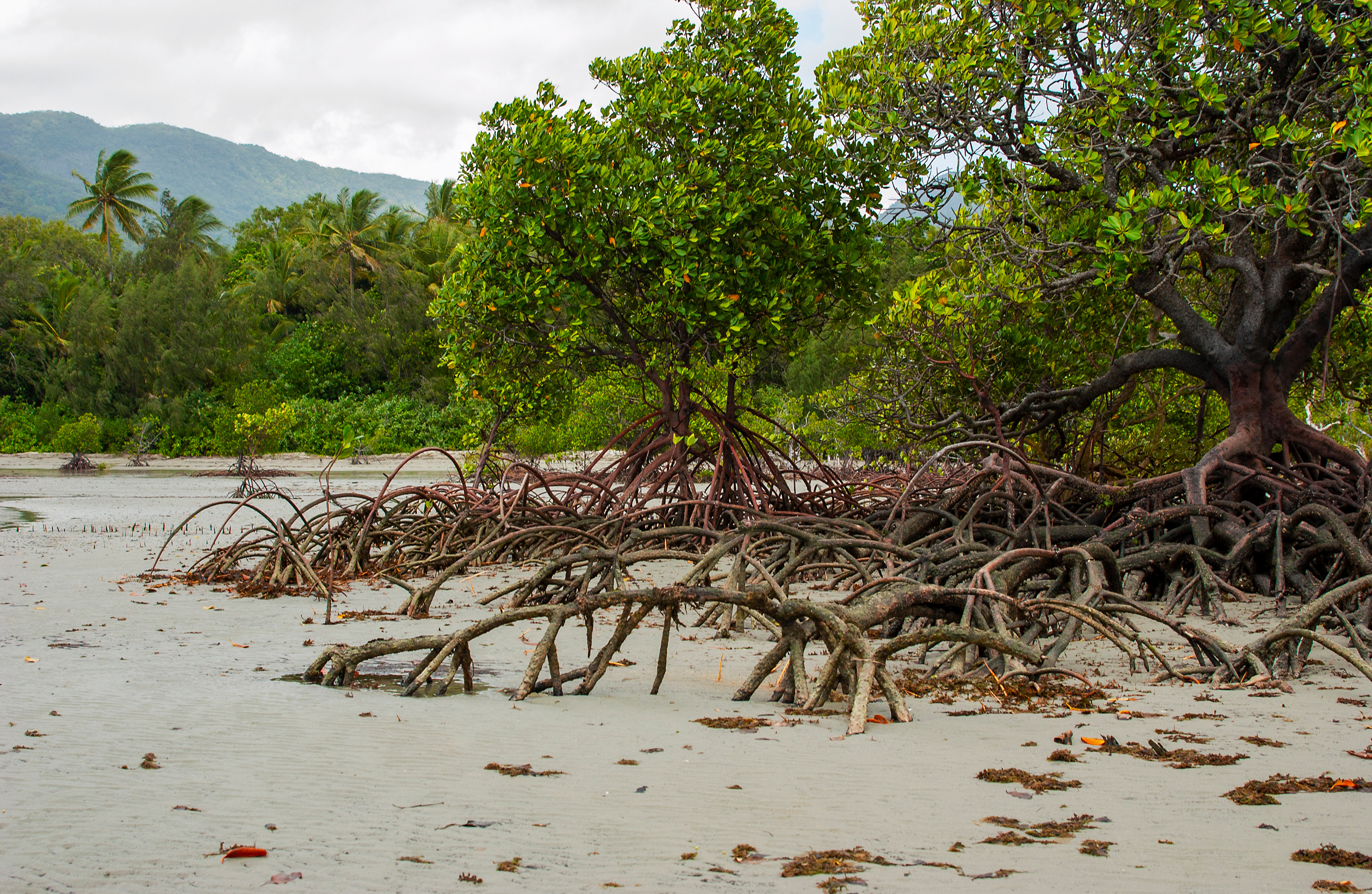Three Trips Young Alums Should Take Before Life Kicks In
PAW spoke with three alumni who graduated in three different decades about their postgraduation travels, a rite as old as the university itself
A rite of passage as old as universities themselves, the postgraduate trip has taken many forms over the years — as a rail- and hostel-hopping grand tour of Europe, or a backpacker’s trek around Southeast Asia on a shoestring budget. (This latter adventure birthed the Lonely Planet guidebooks and the Banana Pancake Trail, an informal path of guesthouses serving Western food to young travelers on a budget.) It’s the stuff of Graham Greene and Paul Theroux novels, Anthony Bourdain recommendations and Reddit debates — do you dive into a new career head first, or take some time to learn about the world (and your place in it)?
PAW spoke with three alumni who graduated in three different decades about their postgraduation travels — may their reflections evoke nostalgia or inspire that next step out the front door.
The classic northern Europe trip, singing all the way
Liza Walworth ’97 spent four weeks backpacking on her own after graduation, traveling by train to Brussels, Amsterdam, Copenhagen, and Berlin. Her first four weeks were solo, but eventually she met up with friend Jason Lanyard ’97 and his fellow members of the Tigertones in Liechtenstein, passing through on their biannual European Tour. As Tones are prone to do, folks broke into song, including a rendition of “Kumbaya” outside the hostel windows until the wee hours of the morning. In Mannheim, Germany, she bought last-minute tickets to see U2 and stood for hours in a large field waiting to see the band, with blue skies giving way to an unrelenting downpour. “We got to sing along to our favorite U2 hits, and The Edge even performed ‘Singing in the Rain’ solo as a thank you to everyone who stuck it out,” she recalls.
Walworth then spent two weeks exploring Italy — Lake Como, Venice, Florence, and Rome. She donned fancier garb to try the Bellini at Harry’s Bar in Venice, tracked down the pottery of ancient Greece in Florence as her sister had recently studied it, and visited the many museums, castles, bridges, gardens, and archaeological sites across her six-week classic Europe trip. Despite what sounds like a packed itinerary, Liza says she learned an important life lesson: It’s impossible to fit in everything, so don’t even try. Take your time, go for a wander, and get lost. And remember to eat vegetables while on the road.
All the way around the world
Bryant Crouse ’67 skipped his graduation to start traveling. He was one of three students selected by the National Student Association on a student leader delegation to Asia — Japan and Korea — at the end of the school year. All expenses were paid. As the trip was coming to a close, Crouse and his group got last-minute approval to visit Indonesia, which had just come through a fierce uprising to overthrow a dictator. “We were taken around by students who had bullet holes in their Jeeps from the revolution,” he recalls.
Crouse went from Indonesia on to Manila in the Philippines to visit family friends, and then had to decide: east or west? He chose west and just kept going: Bangkok, New Delhi, Athens, Frankfurt, and London, before returning to New Jersey after five months on the road. He remembers staying at a hotel with a traditional bath house where he had to strip down and jump in with a group of peers. He also made a longtime friend in Athens, with whom he stayed in touch with for years. In India, he was surprised to see the living conditions for rural people, who were often sleeping on the roads.
Crouse had been a finalist for the Rhodes scholarship, and in London, he took a trip out to Oxford to see the school in person. It inspired him to double down on his academics, which eventually took him to UCLA’s program in clinical psychology.
Postgraduation travel, he says, changed his outlook on himself and his time at Princeton, and he recommends ambitious trips to channel energy inward. “It’s a time of immense change in life,” he says, “so traveling can help you make sense of yourself.”
The “wild” southern route
For Amanda Klopf ’04, traveling had always been the goal — the destination, if you will. She saved money by waiting tables after graduation, then delivered an actual wad of cash to the bank before embarking on a big trip. Klopf flew to the South Island of New Zealand — “a wild and sweet place” — and stayed in hostels, took buses in a loop around the South Island, and did wine tasting on bicycles. It felt so safe, she says, that she hitchhiked as “there were no taxis to call.”
From there, she flew to Sydney, Australia; took a bus to the Great Barrier Reef, and then continued on to Cape Tribulation, in the northeastern-most corner of the country. “It was so hot,” Klopf says — the middle of summer in the Southern Hemisphere — “and we couldn’t go in the shallow water because of killer jellyfish, couldn’t go in the deep water because of sharks, and couldn’t go in the freshwater because of crocodiles.”
Never deterred, Klopf turned around and went all the way south to Adelaide, where she found a website advertising $1 campervan rentals — if you were willing to move the campers to and from their needed locations. Klopf immediately hopped into one, driving 850 miles from Adelaide to Sydney. She managed to get a speeding ticket when she was flagged down by a police officer on foot.
“To be on the road and not sleeping in the same place for more than three nights was exhausting, but exhilarating,” she says. “My whole life fit into a backpack, which was fantastic, but awful.”
Books, she adds, were precious — too heavy to carry and not always readily available. She always loved digging through the left-behind book piles at hostels to see what people had brought with them to read. Klopf also found that spending money on little things, like a coffee at a nice café, became essential.
She recommends that new grads take travel a bit slower; stay in one area for longer and savor the scenery. In the age before social media, travel was, she says, “very much an internal experience: a trip that I was taking for myself to grow, not to kind of impress anybody else or for Instagram.”
Since she was traveling on a tight budget, she had no money or space for souvenirs. So the stuff she collected — a newspaper clipping, a postcard, a shell from the beach — was even more valuable than items purchased from shops. The memories, thankfully, weren’t heavy.
Katharine Gammon ’03 is an award-winning science journalist, editor, and mentor based in Santa Monica, California.















1 Response
Norman Ravitch *62
1 Year AgoStudy Abroad Can Also be Rewarding
Better than travel for a grad from Princeton or any school is a year enrolled in a foreign university. There you learn much more than you do from mere travel. You learn how foreign students learn and what they learn and what their profs are like. Of course, I say this from my experience running an education abroad program for two years (1975-77) in Grenoble, France, and two other southern French schools.